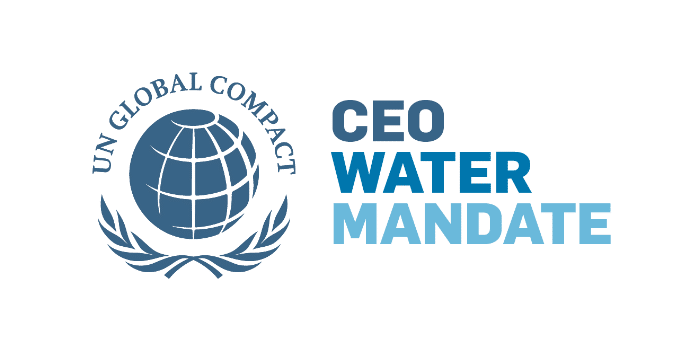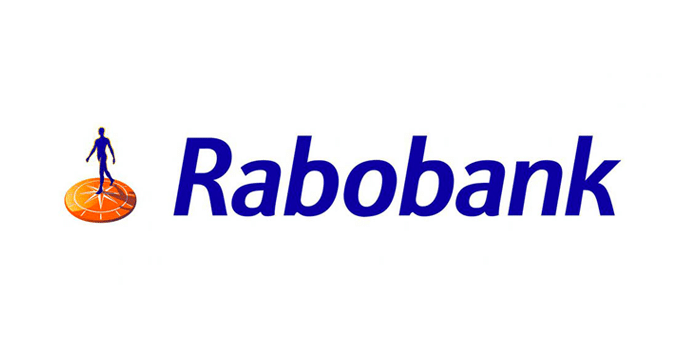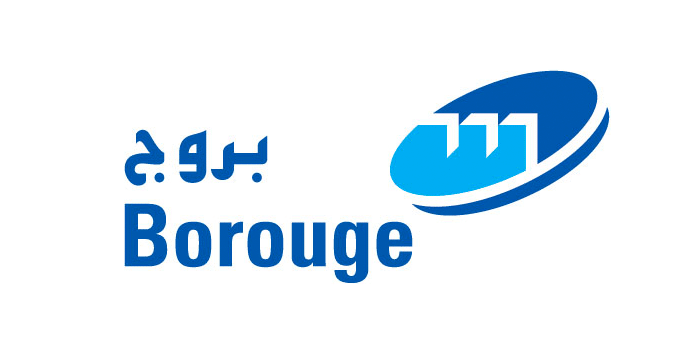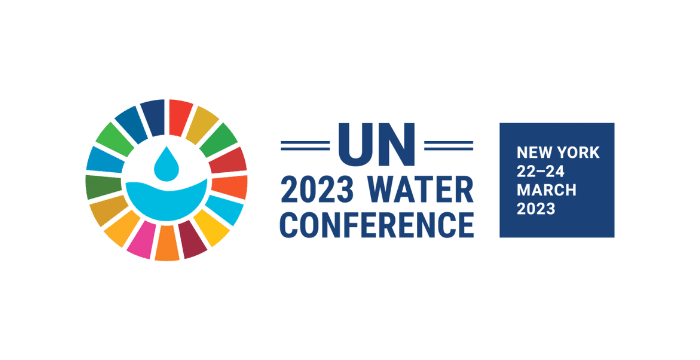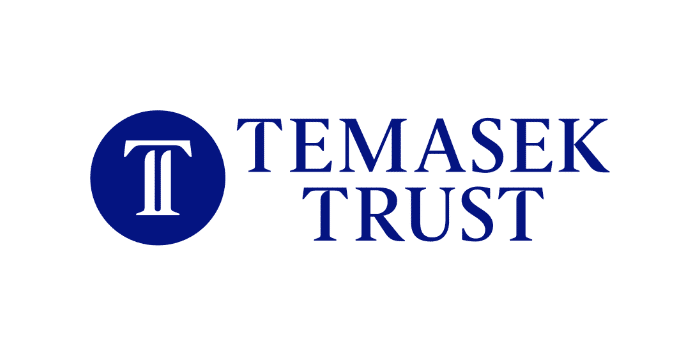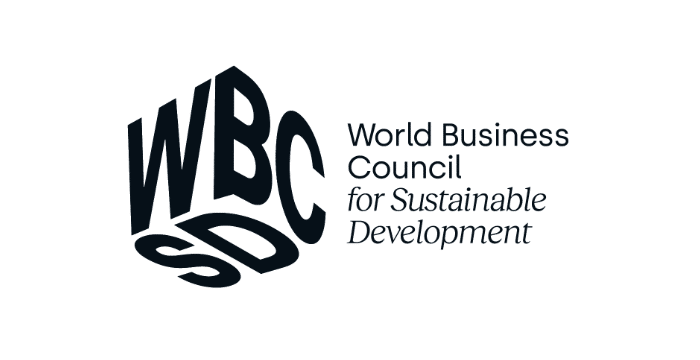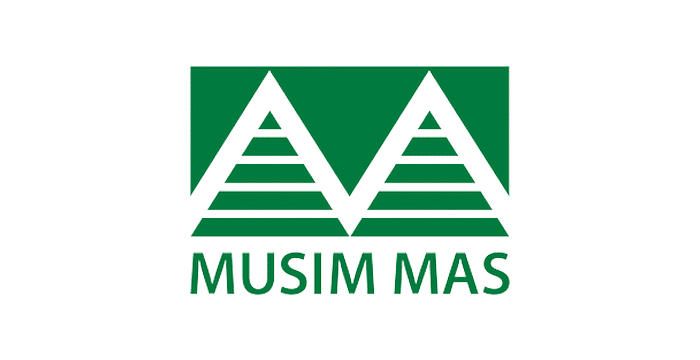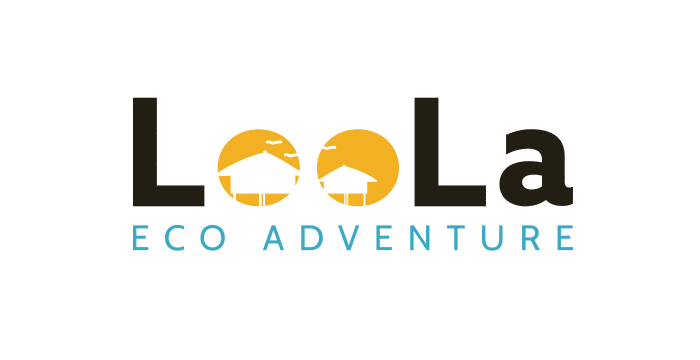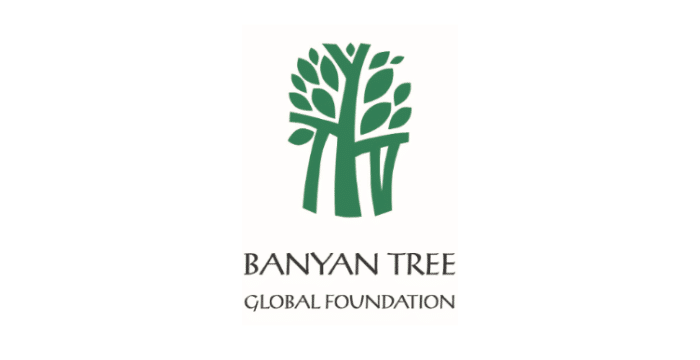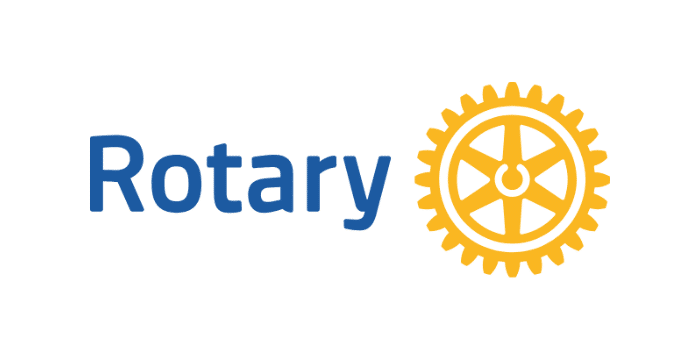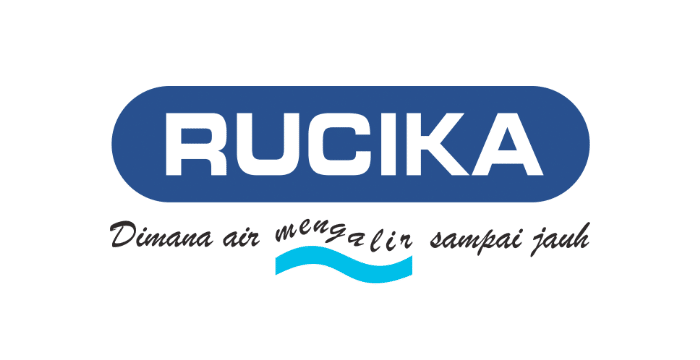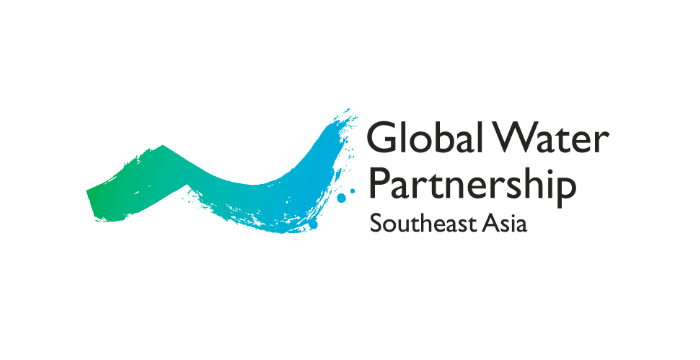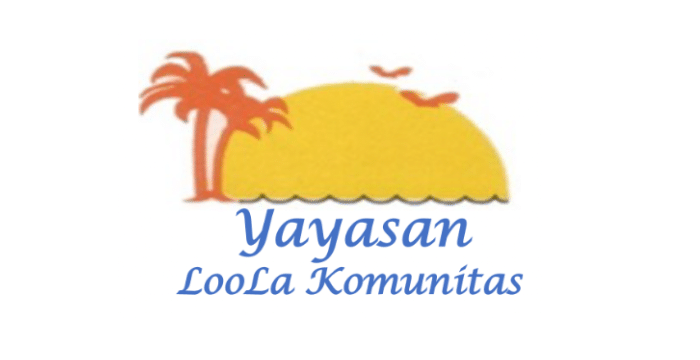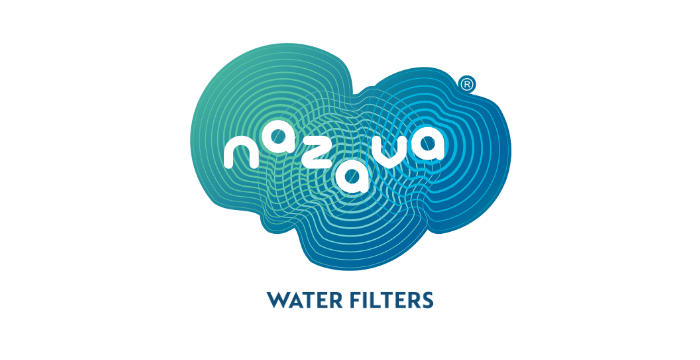Growing Health, Dignity and Livelihoods
Safe Water Gardens transforms daily life for people in tropical village communities.

Latest: Dr. Roshan Raj Shrestha lauds Safe Water Gardens
In his keynote speech at the international conference on decentralized wastewater systems hosted by the Government of Japan, the Gates Foundation’s deputy director for WASH highlighted the SWG as the only system that avoids all known pitfalls of rural sanitation.
More than sanitation – a foundation for life
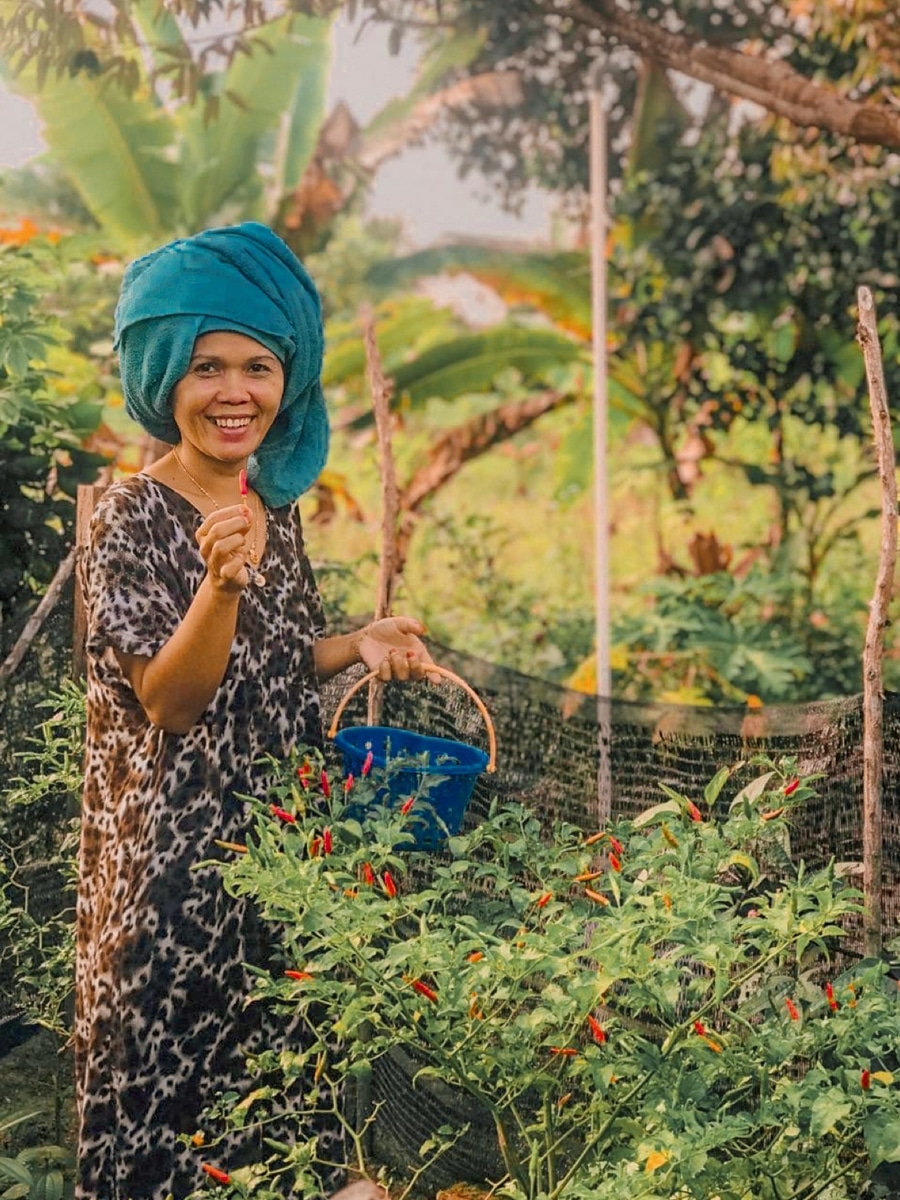
A Safe Water Garden (SWG) is more than a sanitation system. It’s the engine for sustainable development for village communities in tropical areas. Safe WASH (Water Access, Sanitation, Hygiene) – owned and managed by communities themselves – is the key to unlocking human dignity and economic empowerment.
Our work is rooted in education, knowledge transfer, and capacity building. We believe that lasting change succeeds effectively when all stakeholders enthusiastically support it. Therefore, we combine years of research and development with robust partnerships in business, NGOs, government, and the local communities – building on what already exists and transforming it into a meaningful future together.
Three levers for holistic impact
A decent home starts with basic hygiene – and grows from there. Safe Water Gardens transforms daily life in tropical village communities on a physical, social, and economic level.
Health
Laying the foundation for life
Water, hygiene, and the surrounding environment shape whether people grow up and old in good health.
- Clean drinking water and safe toilets at home
- No more toxic wastewater puddles
- Children can play outside without health risks
- Protection against waterborne diseases
- Significant reduction in mosquitoes and other disease carriers
- Environmental protection through fully circular, nature-based systems
Dignity
Restoring self-respect and confidence
When the home environment works, it changes how people see themselves – and how others see them.
- No bad smells, no flies – more privacy
- Clean bathrooms that align with cultural and religious values
- Guests can be invited into the home without shame
- Women and girls feel safer and more respected
- Pride in a clean, cared-for living space
- Families no longer feel second-class compared to city life
Livelihoods
Creating economic opportunities
Once the basics are in place, energy and initiative are freed – especially among women and young people.
- Home gardens for fresh vegetables and herbs
- Fewer sick days, lower healthcare costs
- Small-scale businesses: homestays, food stands, micro-farming
- Women turn their homes into places of income and hospitality
- Real alternatives to migration through rural development
The world’s most affordable safe sanitation system for tropical villages
A Safe Water Garden is an easy-to-build solution made from bricks, pipes, and gravel. It requires no electricity, is maintenance-free, and lasts a lifetime.

Water safety
- Closed-loop wastewater treatment with a liquefier tank
- No odors, no exposed waste, no health risks
Simple construction
- Installed in one day by villagers using local materials
- No machines, chemicals, or special skills are needed
Household ownership
- Wholly owned by the end users
- Affordable for low-income households and small schools in tropical villages
Local livelihoods
- Unlocks sustainable income from sanitation
- Catalyzes micro-farming, healthy food habits, and micro-businesses
Validated by research
Based on a prior UNICEF initiative, the Safe Water Garden’s design and social engagement model stems from a two-year research project conducted jointly with our academic partners and funded by a Dutch government grant (Nuffic).
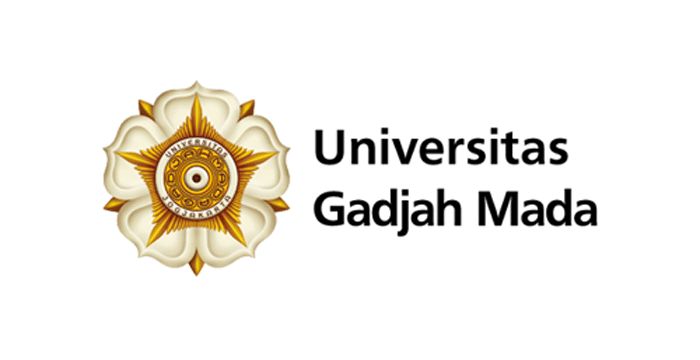
Indonesia’s oldest and largest higher education institution, featuring 18 faculties, 27 research centers, 55,000 students, and 2,500 faculty members.
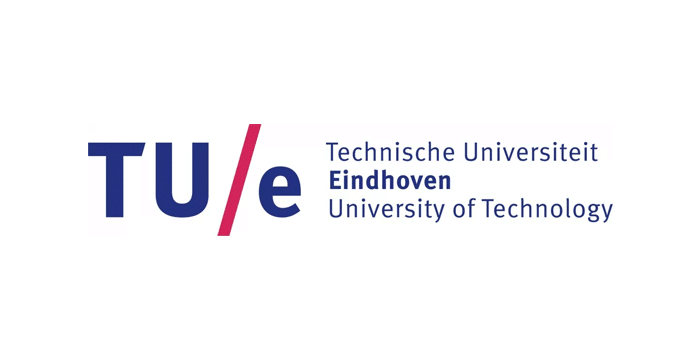
Ranked third among all European research universities, TU/e secured a Dutch government research grant to support this project.
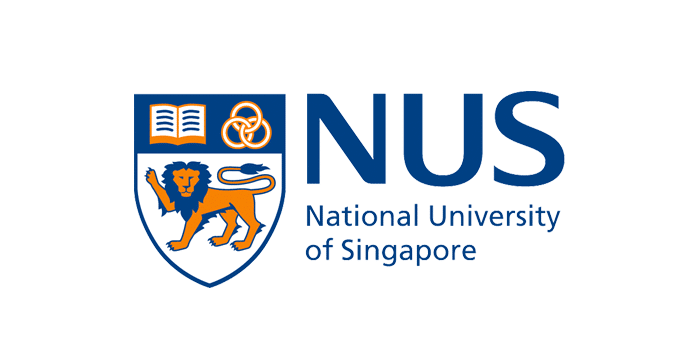
A Singapore-based university whose Environmental Research Institute (NERI) specializes in R&D on water and wastewater infrastructure in the region.
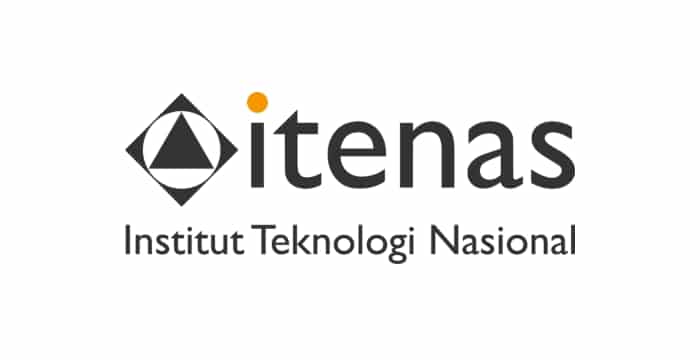
A private, technology-focused university in Bandung, Indonesia, known for its world-class reputation in environmental engineering.
Scalable to multiply impact
The Safe Water Gardens initiative is designed for growth – empowering tropical village communities to bring health, dignity, and livelihoods to more households and families.
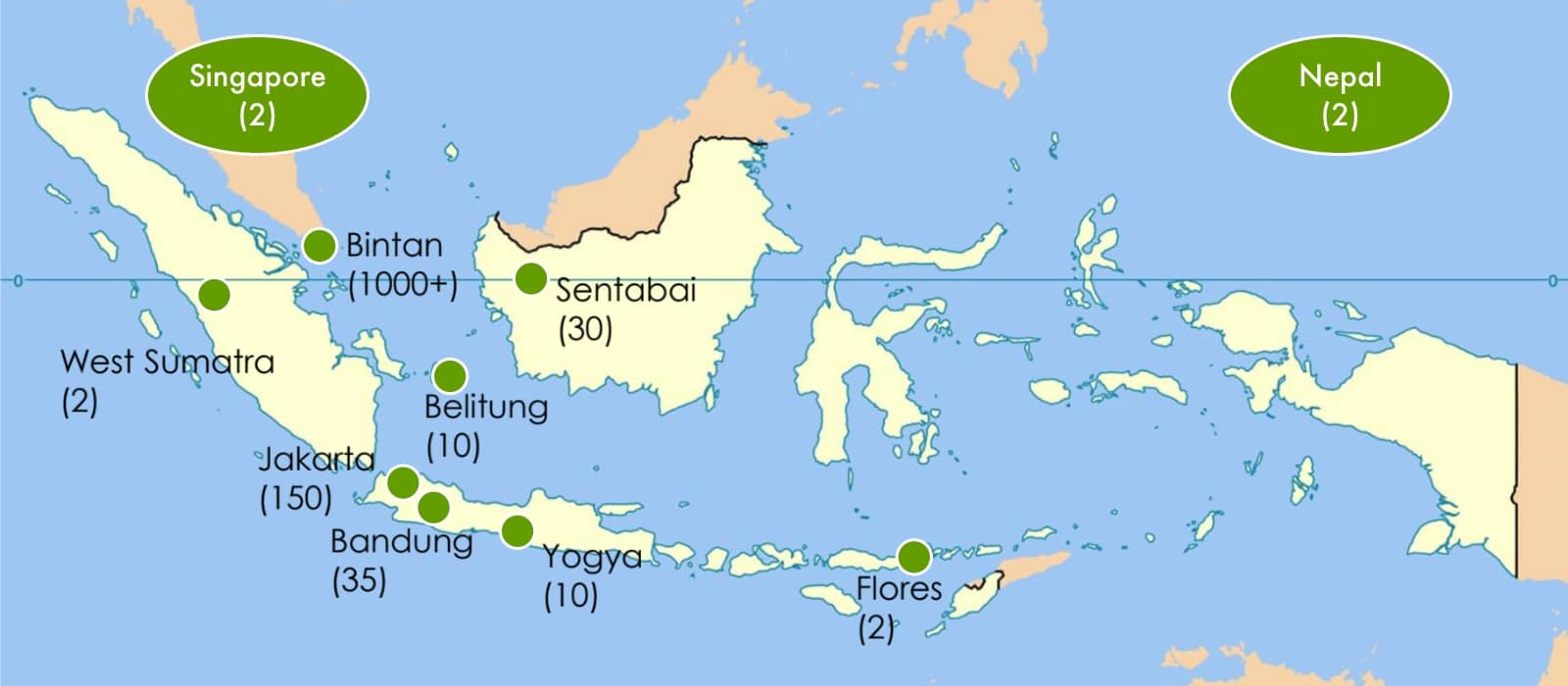
Built for replication
A Safe Water Garden uses simple, locally available materials and can be installed by trained villagers – making widespread adoption realistic, affordable, and fast.
Embedded in local ecosystems
Each implementation is rooted in community ownership and supported by partnerships with companies, NGOs, and local authorities – ensuring long-term integration and acceptance.
Proven through scale-up pilots
Model Village Programs (MVP) in diverse regions of Indonesia and beyond have demonstrated the system’s flexibility across geographies, cultures, and village structures.
Approved by the government
Certified in 2019 as a safe sanitation system, the model aligns with Indonesia’s national policy on user-owned circular systems – offering a scalable blueprint for other tropical countries.
Early supporters and today’s deployment partners
Voices from the field
Families, builders, and local leaders share their experiences.
“Now our children can play outside without getting sick.”
– Resiman family
Meet the team
A growing community contributing passion, talent, and funding to bring the Safe Water Gardens vision to life.
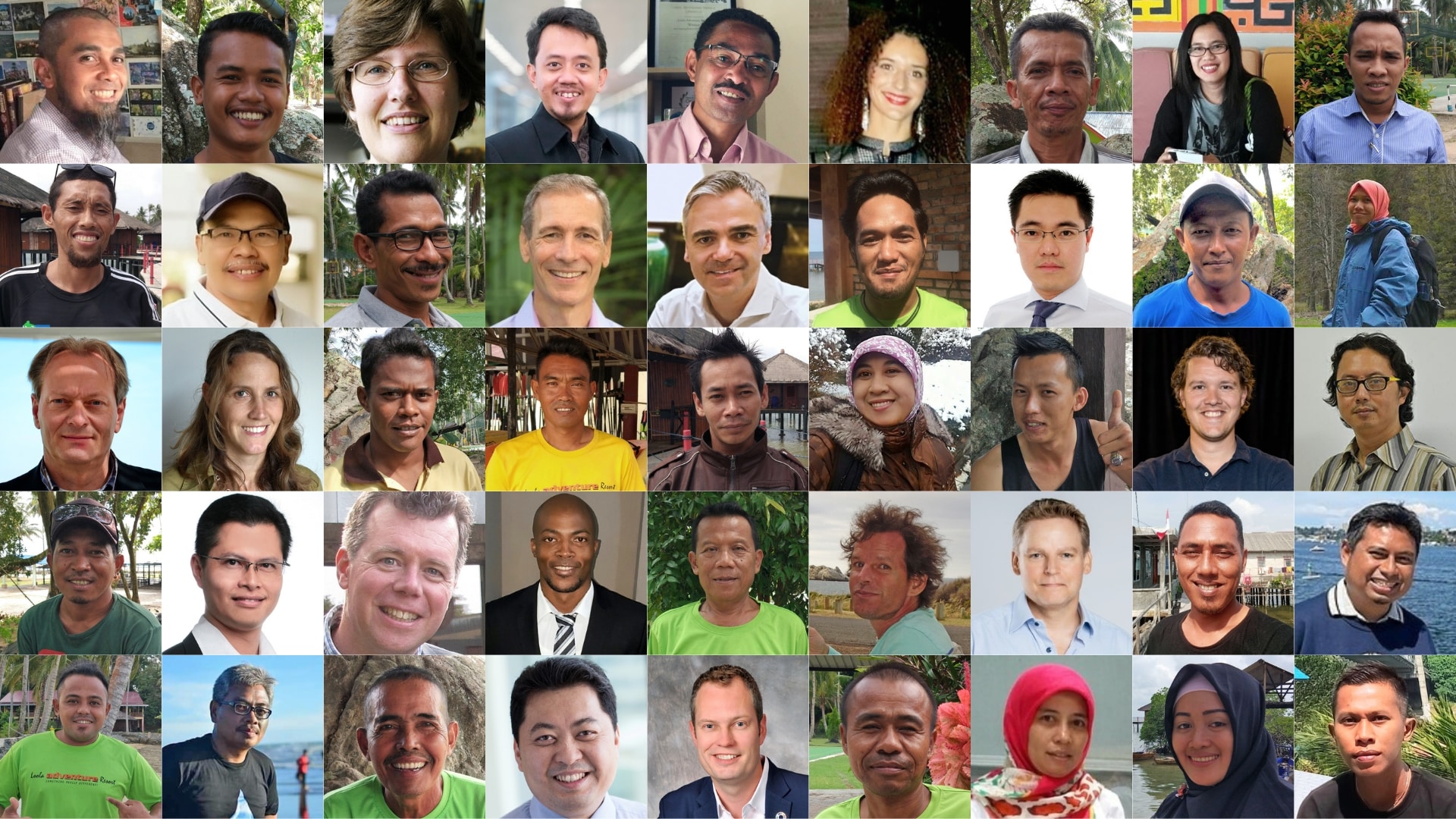
The people behind Safe Water Gardens are the heart of the initiative. Our team includes engineers, researchers, and community members. We are all united by the goal of transforming daily life for people in tropical villages. Together, we provide homes with access to safe sanitation – growing health, dignity, and livelihoods.
Our diverse team shares a long-term vision: creating a sustainable model for tropical and sub-tropical village communities worldwide. To achieve this, we work closely with businesses, NGOs, and governments. Through these partnerships, we ensure that each Safe Water Garden is both culturally relevant and locally owned.
